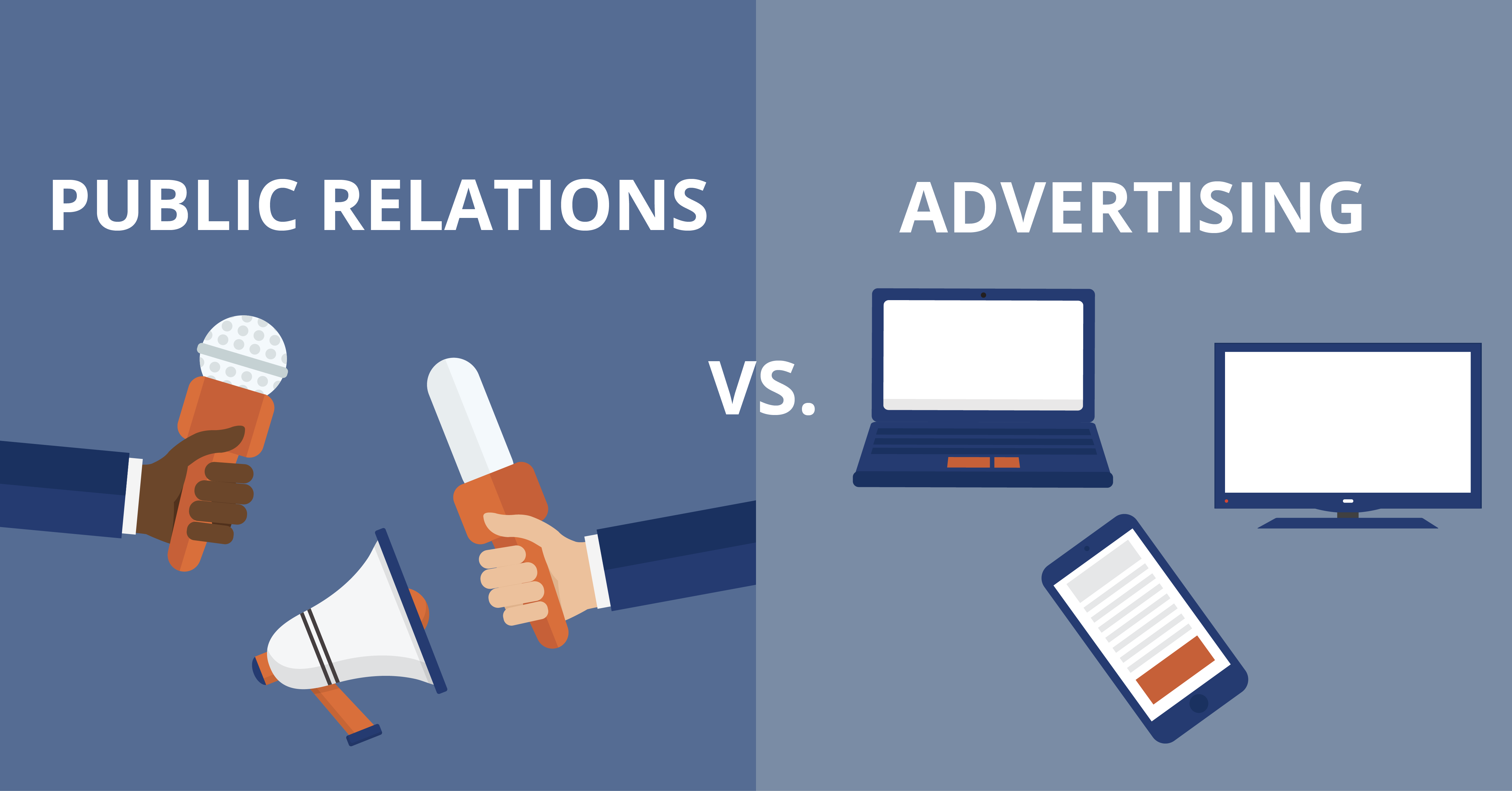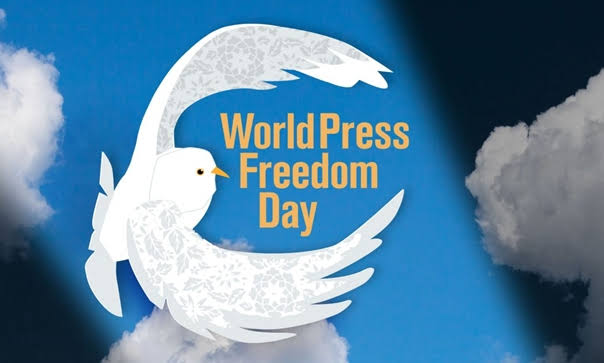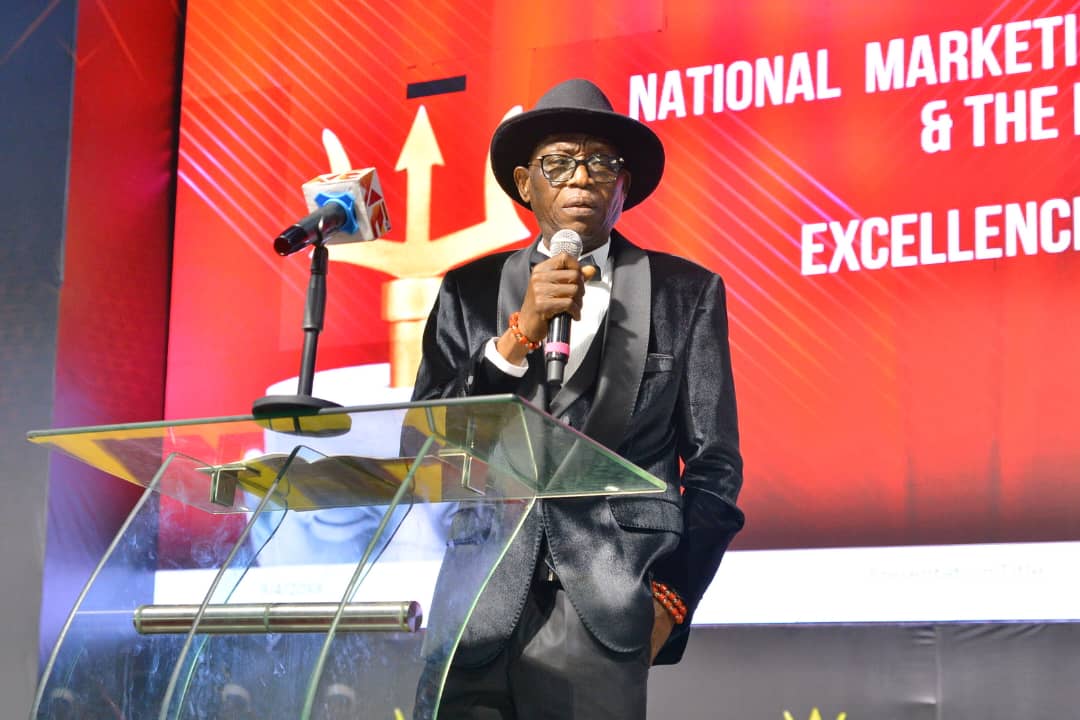By Ibidunni Banjoko
Advertising and Public Relations are the two important tools for promoting products and services offered by any company. Advertising alludes to a form of communication, which a firm uses to instigate prospective customers to choose the product offered by the company over other products, while public relations is about building and maintaining good relations with a company’s stakeholders by gaining favourable publicity, having a good reputation and so on.
However in Nigeria, the level of growth in the public relations and advertising industry differs as the PR profession is yet to gain its rightful place in the scheme of things just like its peers in advanced countries. The challenges confronting the practice still remain the same which includes absence of research, measurement, lack of rebranding and quackery, amongst other reasons why the PR profession still crawls on its knees in Nigeria.
Commenting on what causes the low growth in profitability of contemporary PR practice compared to the advertising industry in Nigeria, Samuel Ayetutu, Vice Chairman, Nigeria Institute of Public Relations (NIPR), Lagos Chapter said: “The major issue is the extent to which both professions are shielded from charlatans. Professional practice, just like a product, is profitable when you ensure it serves as a solution to the needs of the clients and meets their taste. And this can only be guaranteed by the training and professional competencies of practitioners.
“The major issue is, while Advertising Practitioners Council of Nigeria (APCON), the regulator of advertising practice in Nigeria, makes frantic efforts to protect and dignify registered practitioners, we in NIPR are still on the journey to address the issue of over 50% of people performing PR functions without relevant training or certification from the university or NIPR. Such people will sell PR cheap, both by offering poor services and the fees they charge.”
He continued: “The Nigerian Institute of Public Relations is trying to reverse this situation by creating windows to mop up many practitioners who have not been active within its fold through a relaxed membership upgrade program. Lagos State Chapter is presently implementing programs to massively register practitioners who have no professional certification yet. These efforts are expected to beef up the army of PR practitioners that would take the profession to greater heights.”
Ayetutu noted that another factor is that the corporate world budgets more for advertising than PR. “This means more work for the Agencies and more money available for Advertising practitioners. You know, advertising is more tangible in nature than PR in terms of deliverables. But interestingly, PR is the silent miracle worker that creates, nurtures and sustains a good image for the brand. Both are mutually binding in serving the commercial interest of brands.”
Eniola Mayowa, COO, Stepcraft Associates stated that PR practice is yet to attain its place, noting that in developed countries, the PR practitioners relate with their clients like doctors.
“We need to take the profession to the enviable height where it is respected, PR is the ability to predict the trend, not the client telling the practitioner what to do.
“For a lot of us, we are just waiting for a client to tell us what to do. No, I should scan through the environment and tell you what is trending. PR the ability to predict trends, it is not about getting me the news. I always tell people it’s about the ability to predict trends. What happened last year? What influences what happens out there, what are the behavioural patterns of people and how do they respond?” she asked.
She mentioned that NIPR as the regulatory body needs to project the practice, and do more in terms of education and exposing practitioners to global best practices.
Recall that in year 2021, Advertising Practitioners Council of Nigeria (APCON) enacted standards of practice specifically to provide the regulatory framework in all critical areas of concern for the stakeholders in areas such as Engagement policy, Payment terms and conditions, numeration model, media rates and commissions, disengagement protocols, credit policy, return of advertisement and measurement, peaceful resolution and other regulatory industry protocols. It is expected that with the implementation of this guideline, the Council will be placed among the most progressive advertising and marketing communications industries across the globe.
Meanwhile, the Public Relations Consultants Association of Nigeria (PRCAN) is still in process of coming up with its standards of practice.





Comment
No comments found.